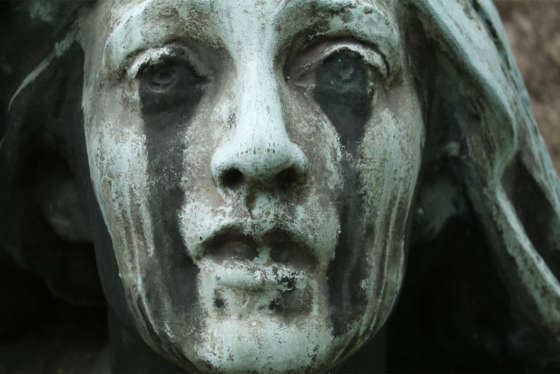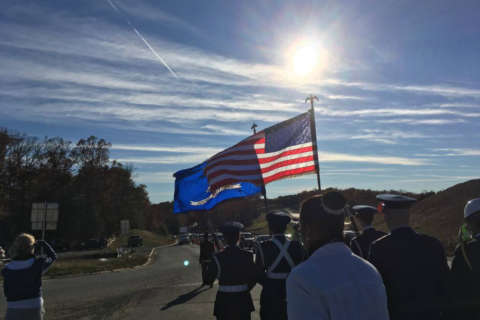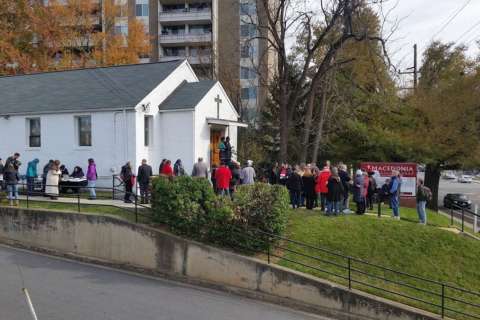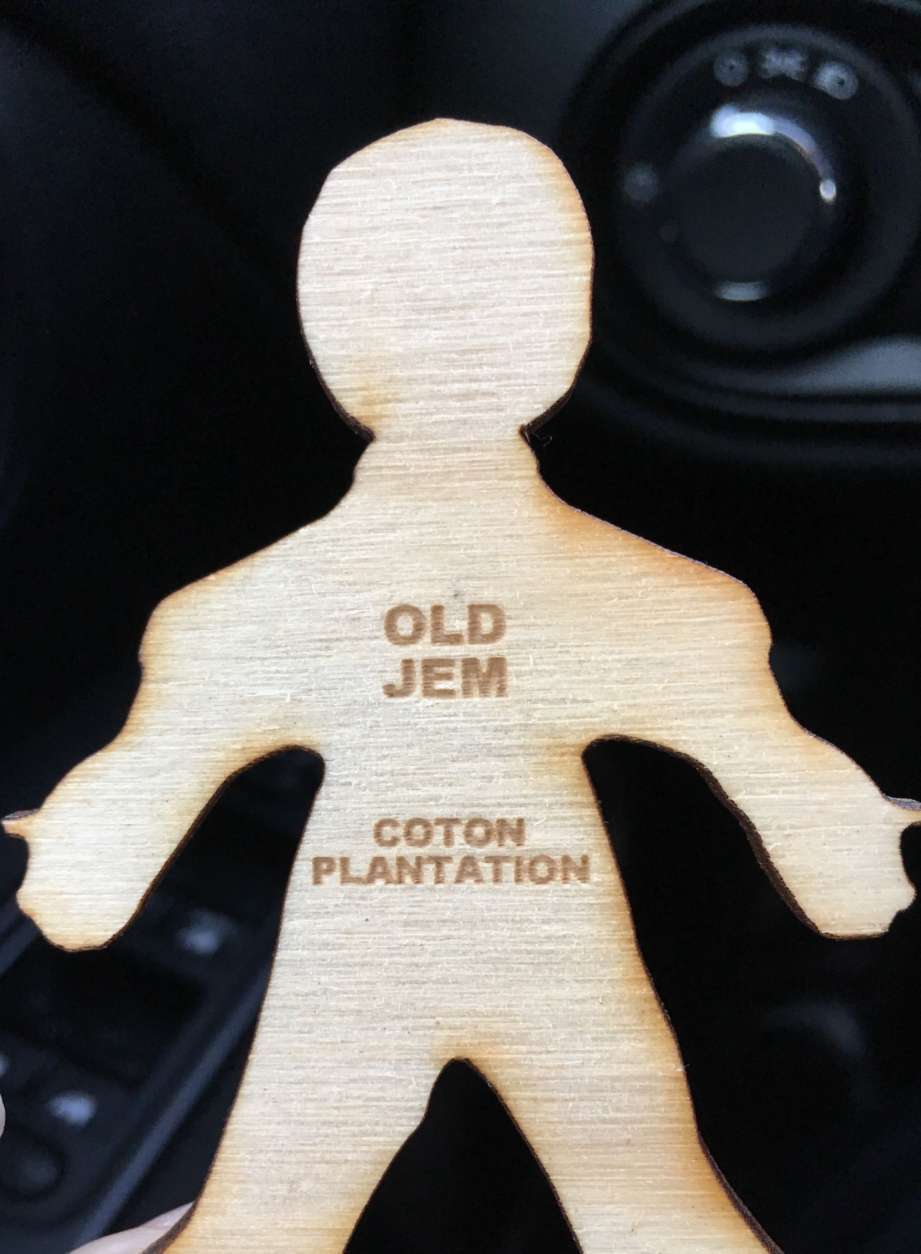
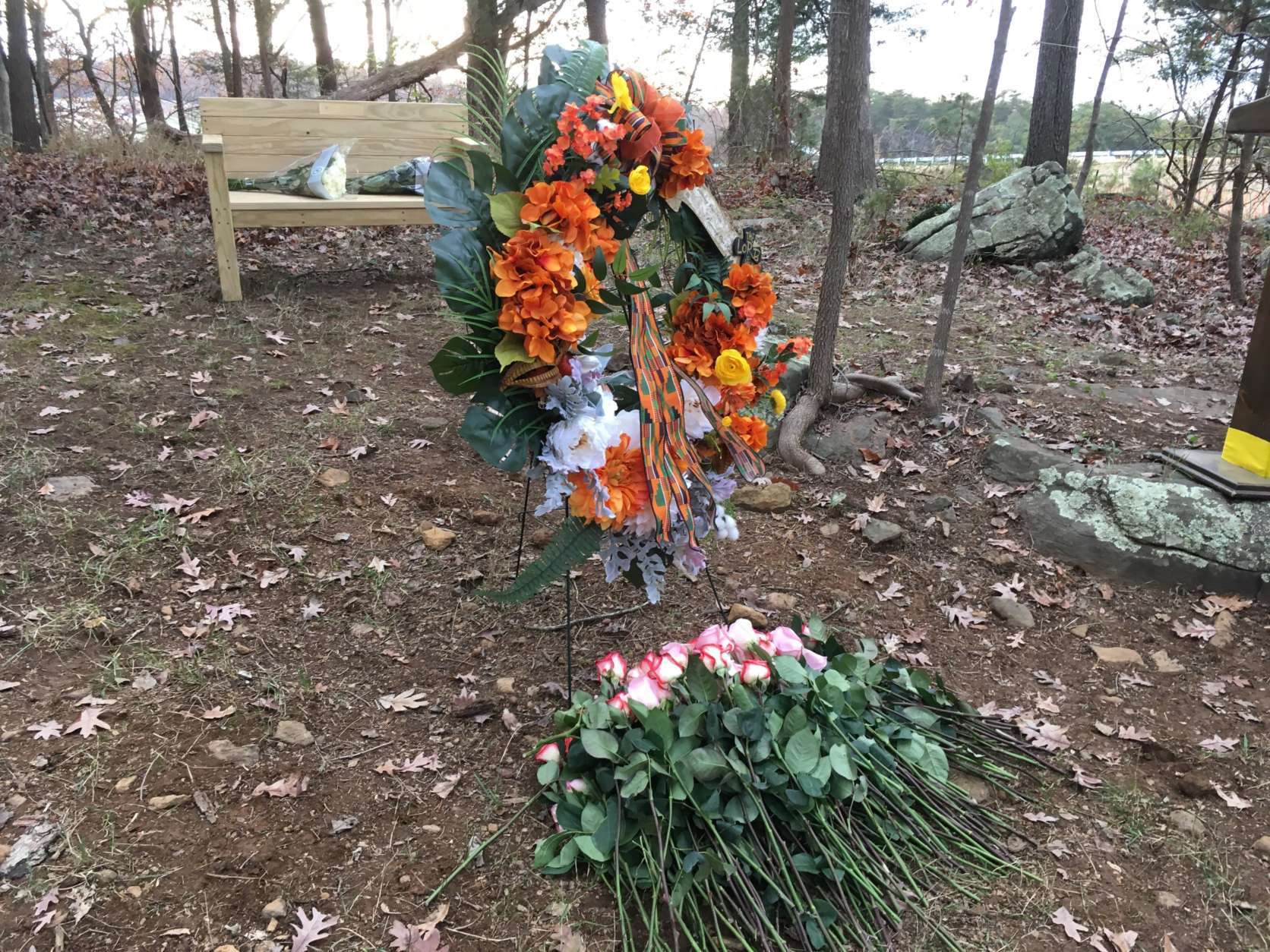
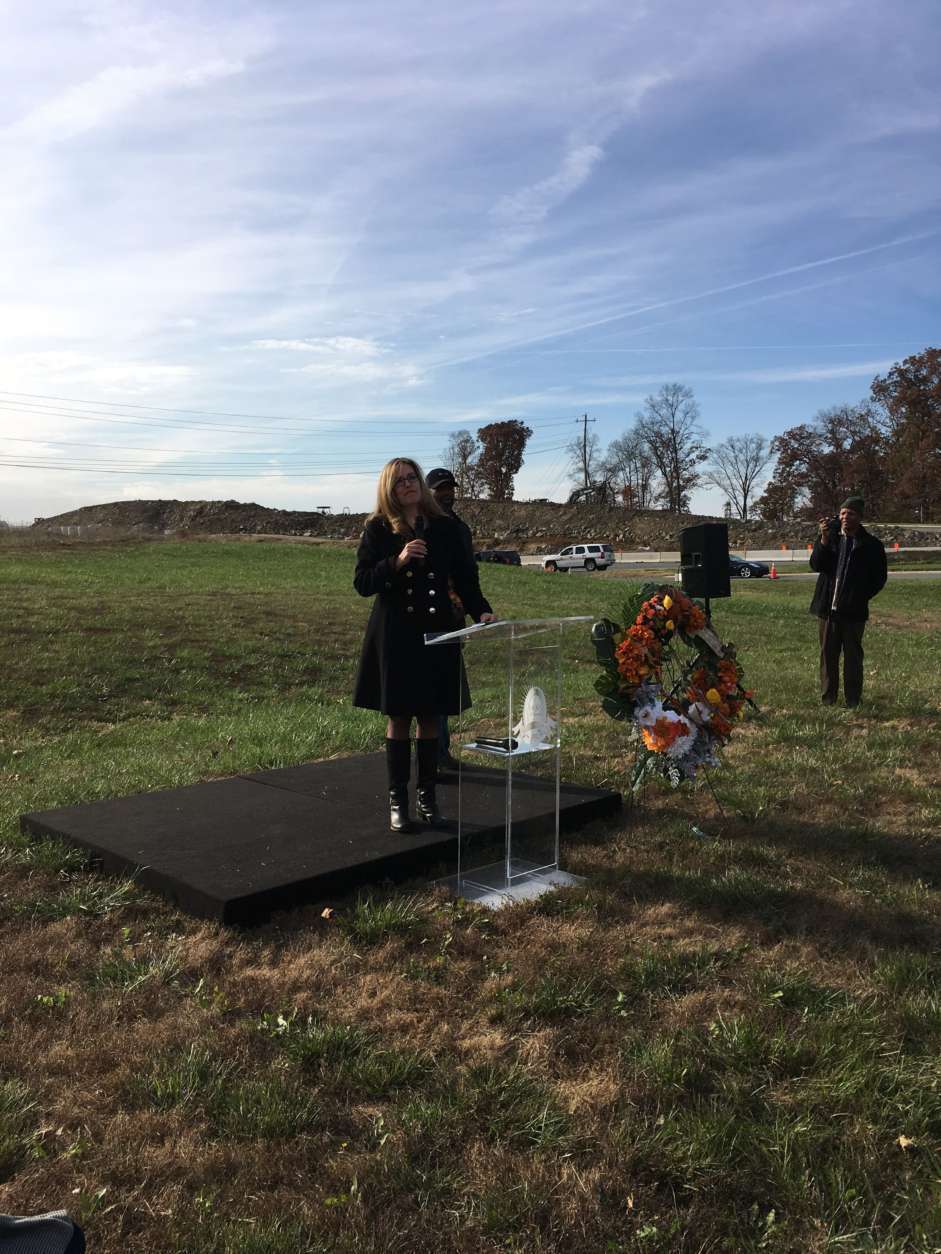
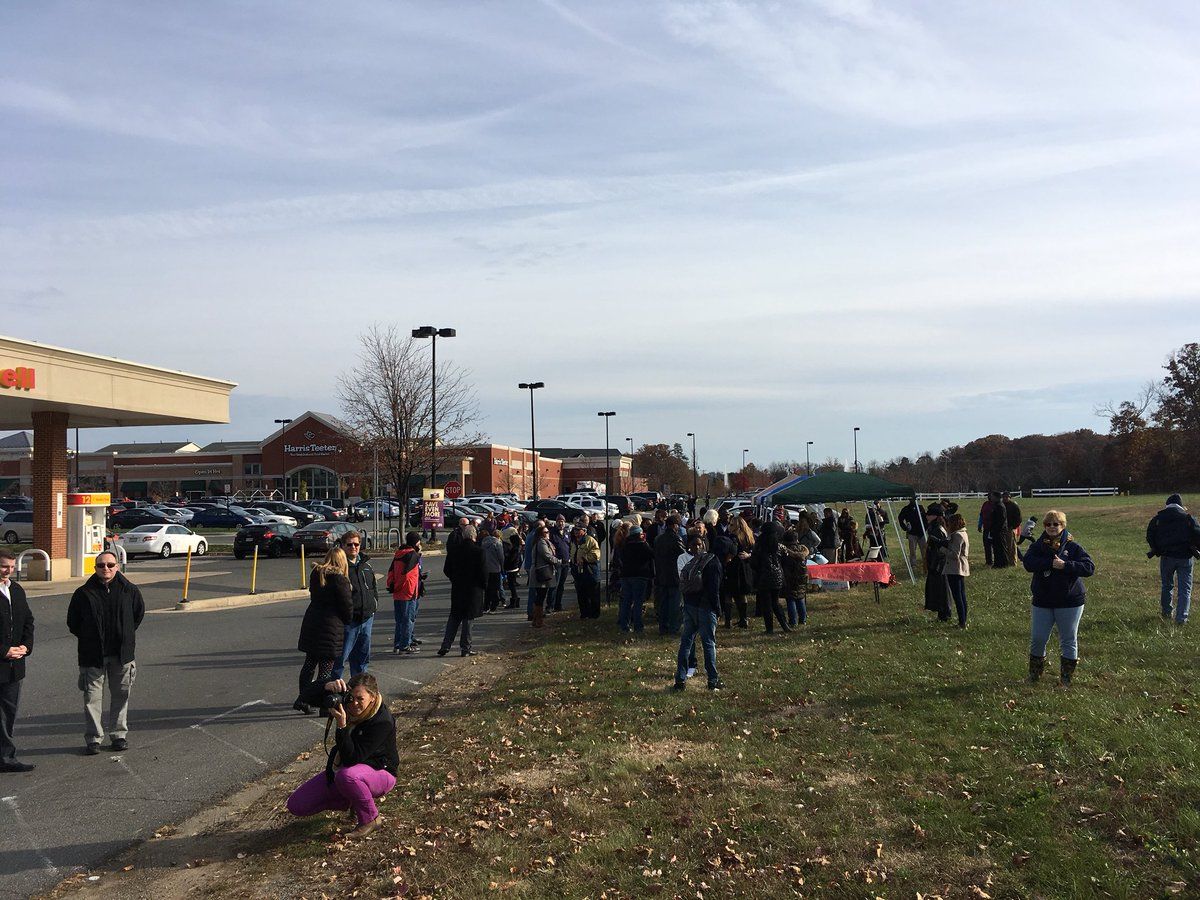
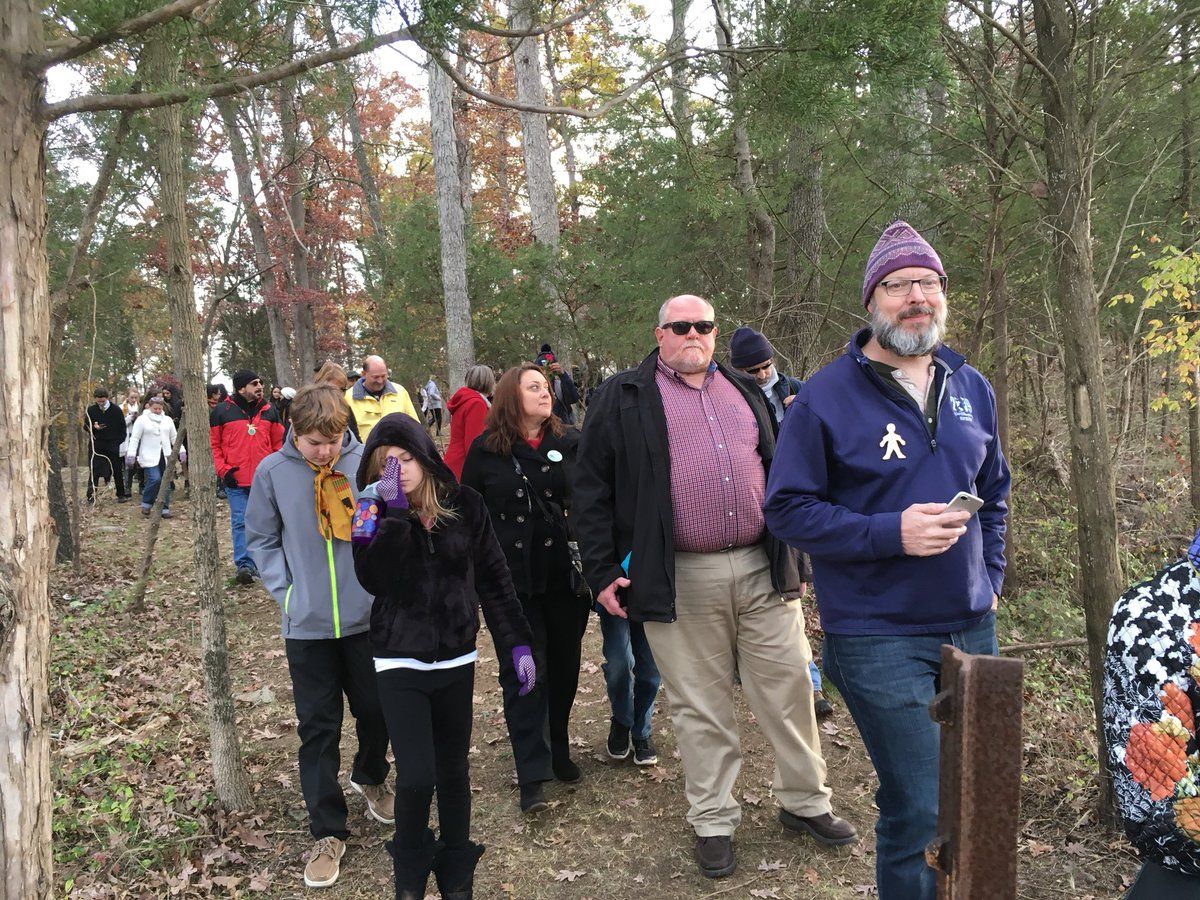
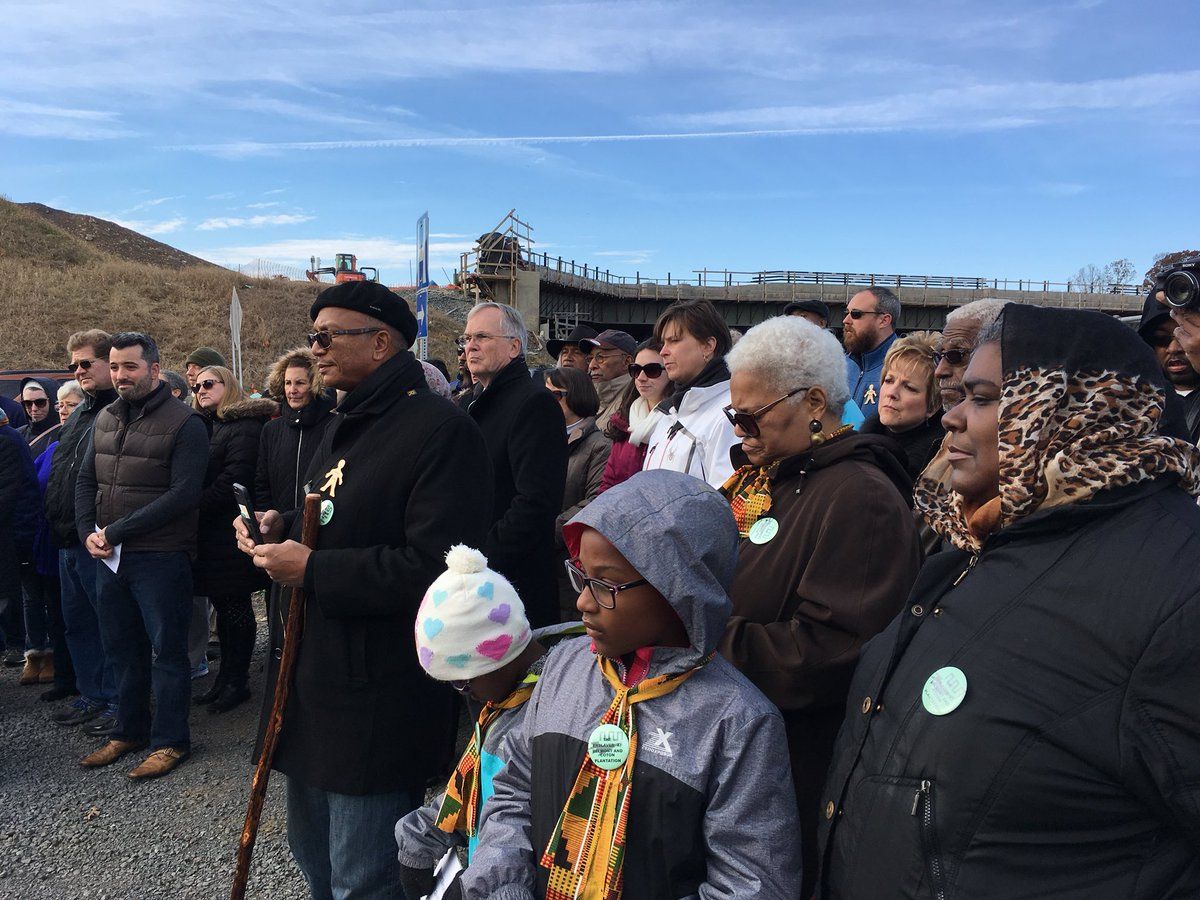
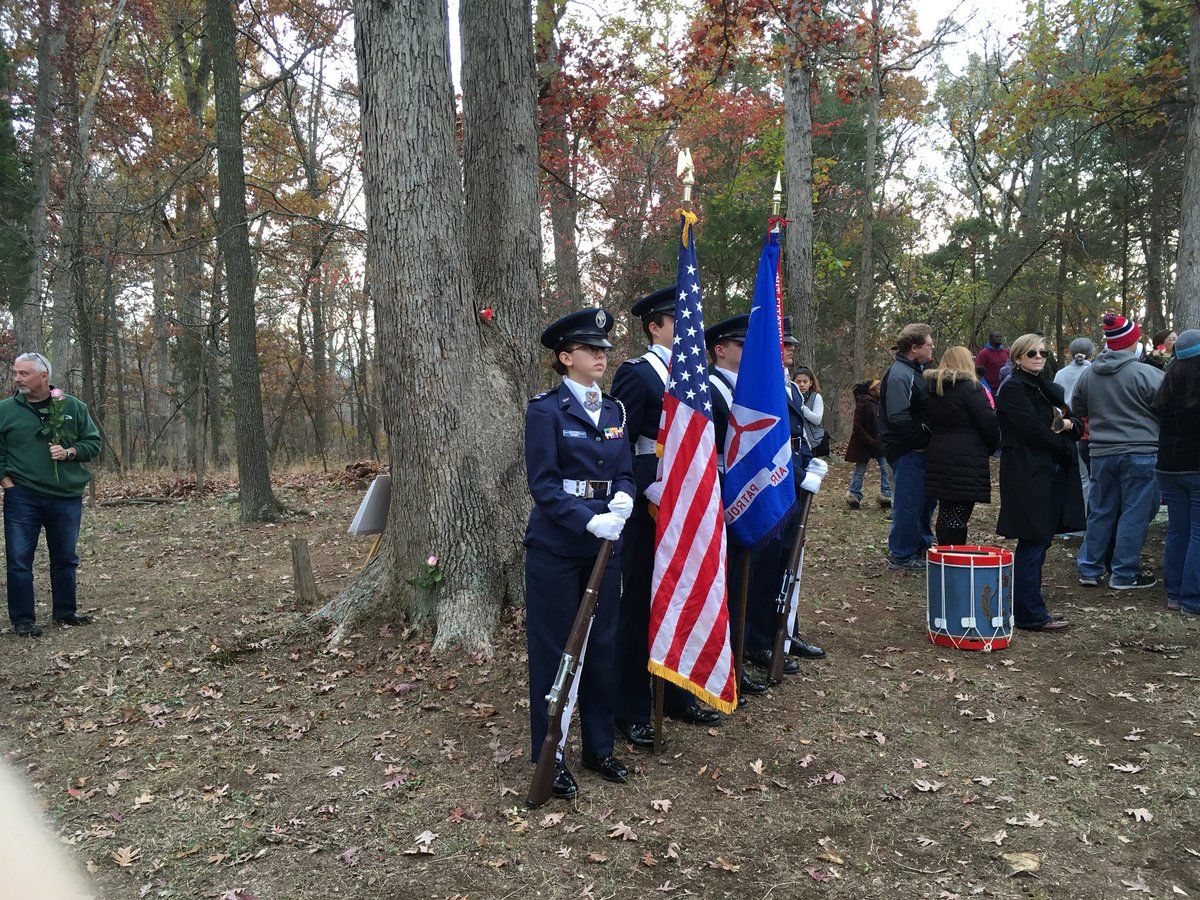
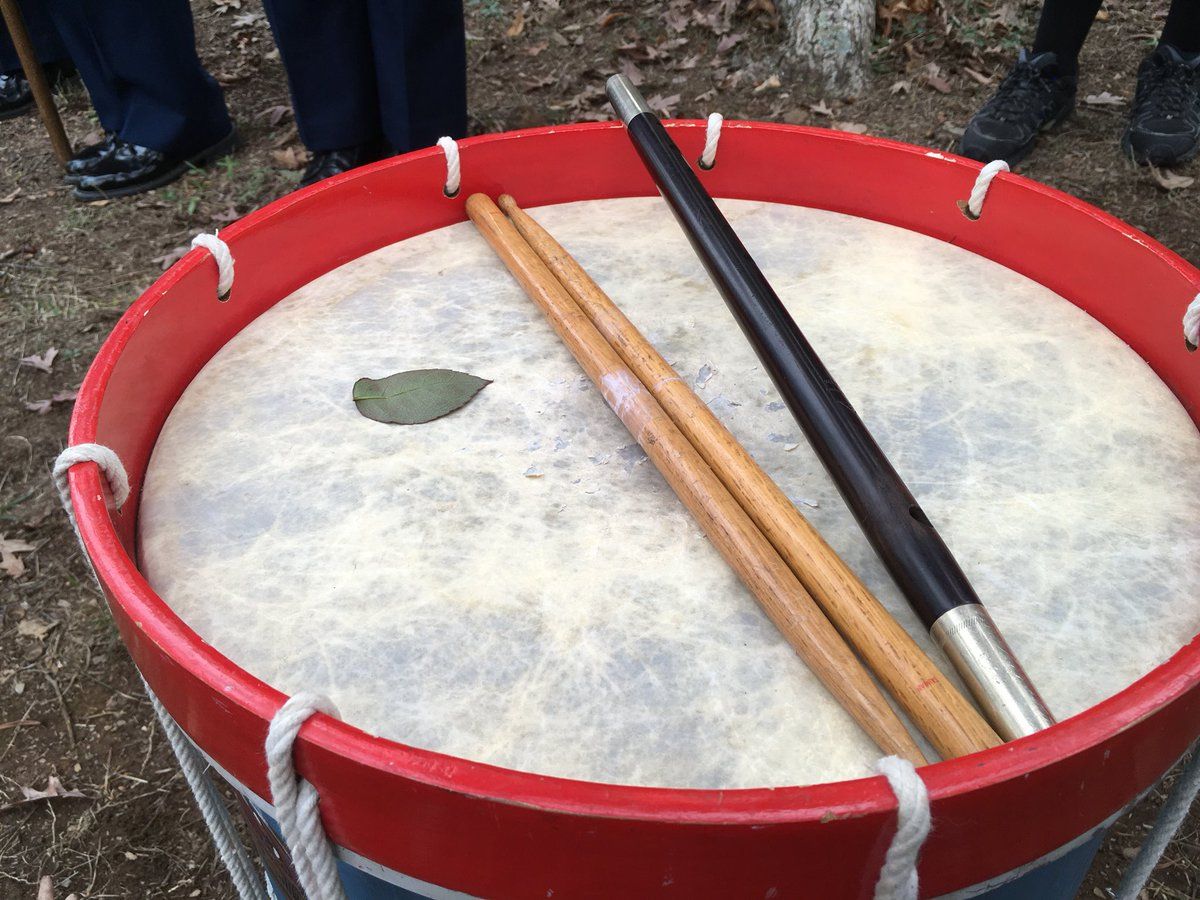
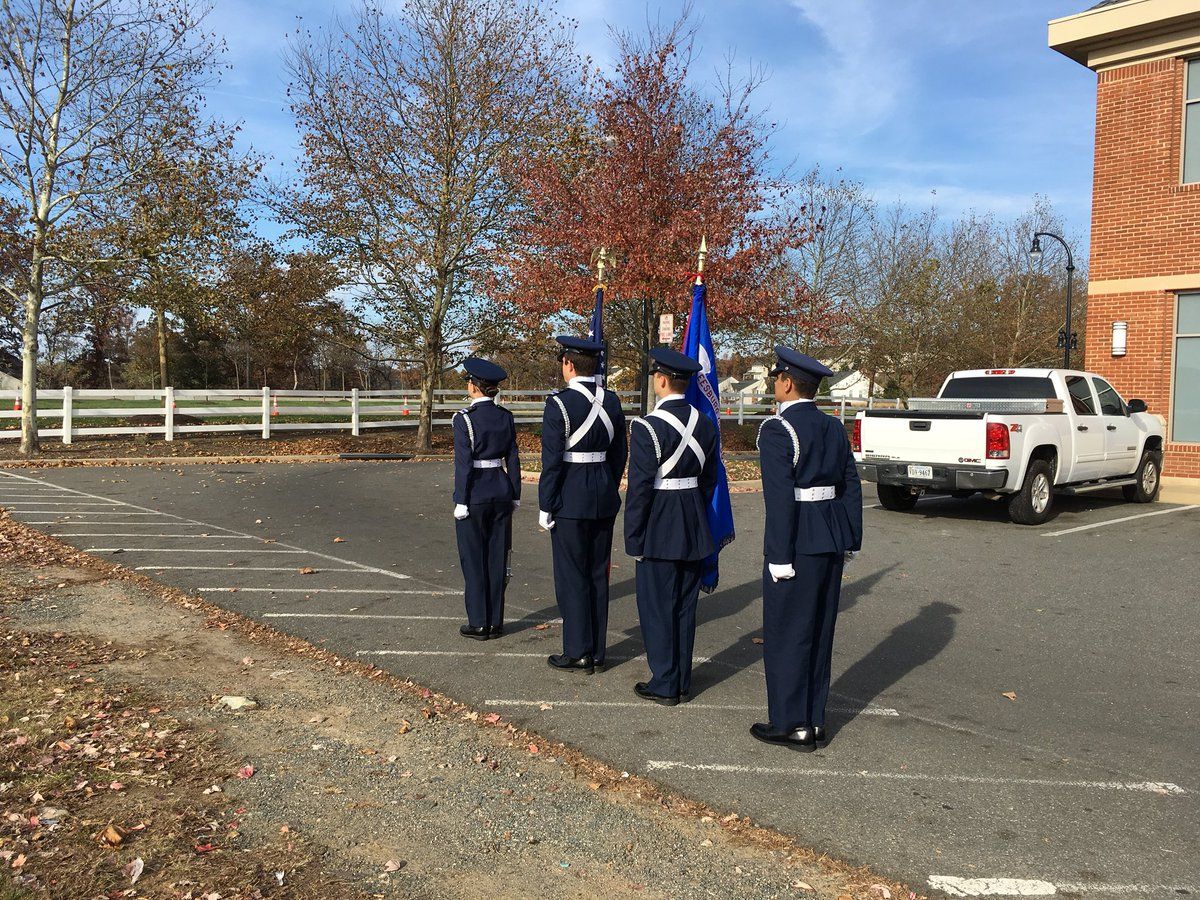
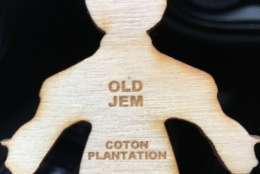
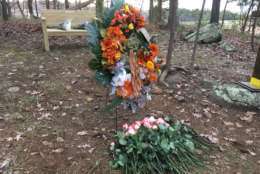
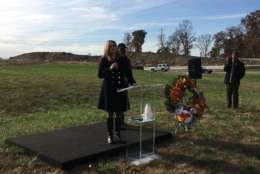
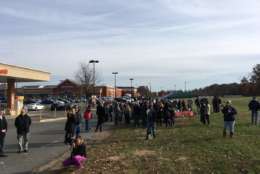
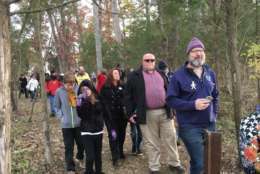
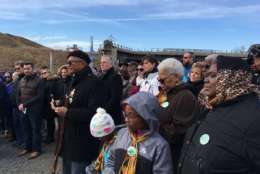
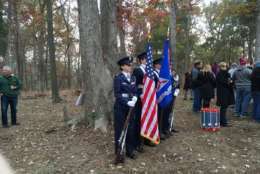
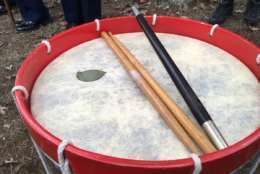
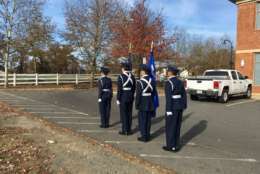
WASHINGTON — They lived and died on two neighboring Loudoun County plantations; dozens gathered in Leesburg for an annual remembrance of the lives of the enslaved residents of two sister plantations.
Rain caused the original date for the Loudoun Freedom Center’s third annual wreath-laying to be pushed back one month. At Sunday’s march and oral history walking tour and cemetery ceremony, a group of several dozen attendees gathered in front of the Harris Teeter in Lansdowne for the brief march along lands that used to be the Coton and Belmont plantations.
It was a brief march, but chilly wind kept up with each step. There were two stops along the route. The group, with plenty of folks clad in jackets, coats, fleece sweatshirts and gloves, formed a semicircle around Loudoun Freedom Center Founder Pastor Michelle C. Thomas. During both stops, she shared details about the history of both plantations, along with ongoing preservation efforts.
“On Thursday, we became the official landowners of the Belmont Slave Cemetery,” Thomas told WTOP before the march. She said the land’s most recent owners, Toll Brothers, “did deed us over the land. It was a gift.”
During the walking tour, Thomas talked more about the landholders of long ago.
“The owners — Thomas Ludwell Lee, who owned Coton which is now Lansdowne, and Ludwell Lee, who owned Belmont which is Belmont Country Club — they were the grandsons of Richard Henry Lee,” Thomas said.
“Richard Henry Lee is [one of] the original signer[s] of the Declaration of Independence,” Thomas said. “Also, they are the cousins of Robert E. Lee.”
This history, seasoned for hundreds of years, had been right under the community’s noses, in the woods across from what is now Lansdowne Towne Center.
“Once I realized that the history was hidden in plain sight, I thought that it would be impactful if we would do a memorial every year, a memorial march,” Thomas said.
Even though the slave cemetery was in plain sight, part of the Freedom Center’s work is finding out what happened to those who lived there. Thomas said unearthing that history has been significantly less than easy.
“We don’t want to lose it, ever again. It was too difficult to recover,” Thomas said.
During the opening formalities before the march, Virginia State Sen. Jennifer Wexton, who represents part of Fairfax and Loudoun counties, told the group about plans to help keep preservation efforts moving forward.
“The state, the Commonwealth of Virginia, has had a process for state funds to go toward the care and maintenance of historic graves and cemeteries throughout the Commonwealth. And we’ve had that for a long time for Confederate grave sites,” she said, adding that there are two historically African-American cemeteries that are on the list to receive state funds for maintenance and care.
“And it is my intention in this next session to add the Belmont Slave Cemetery to that list,” she said. Wexton’s announcement was met with applause, cheers, and tambourine jingles.
But there was a more somber mood across Route 7, once the group walked onto the cemetery grounds. Those buried at Belmont Slave Cemetery were honored with songs, prayers, a wreath and individual tributes of flowers.
Editor’s note: This story has been updated to reflect that Jennifer Wexton is a Virginia State Senator.

